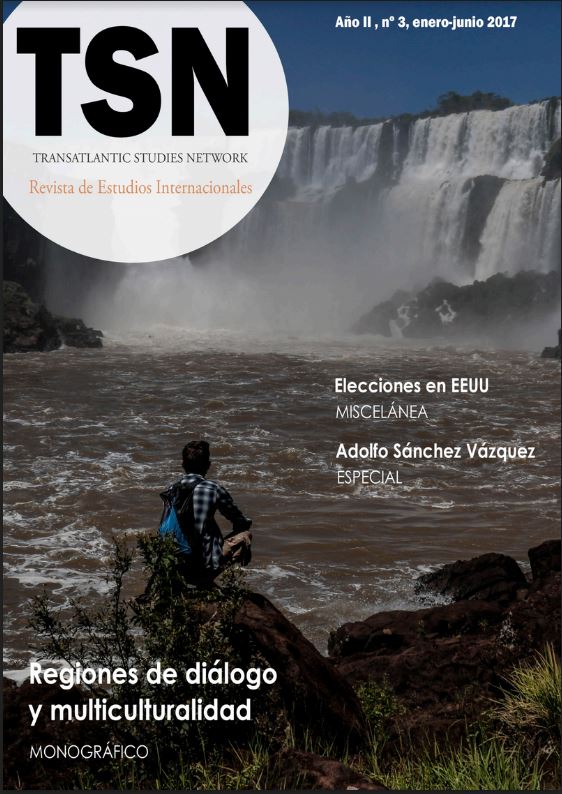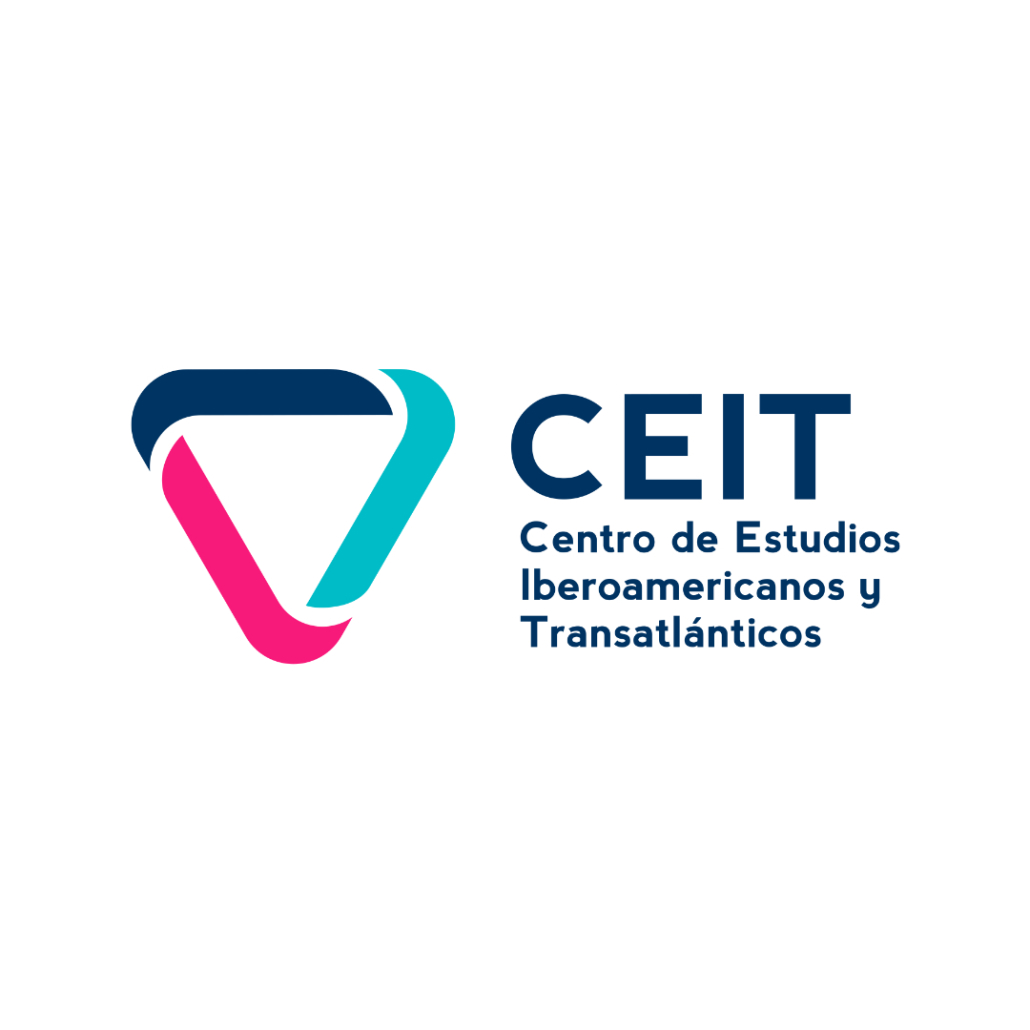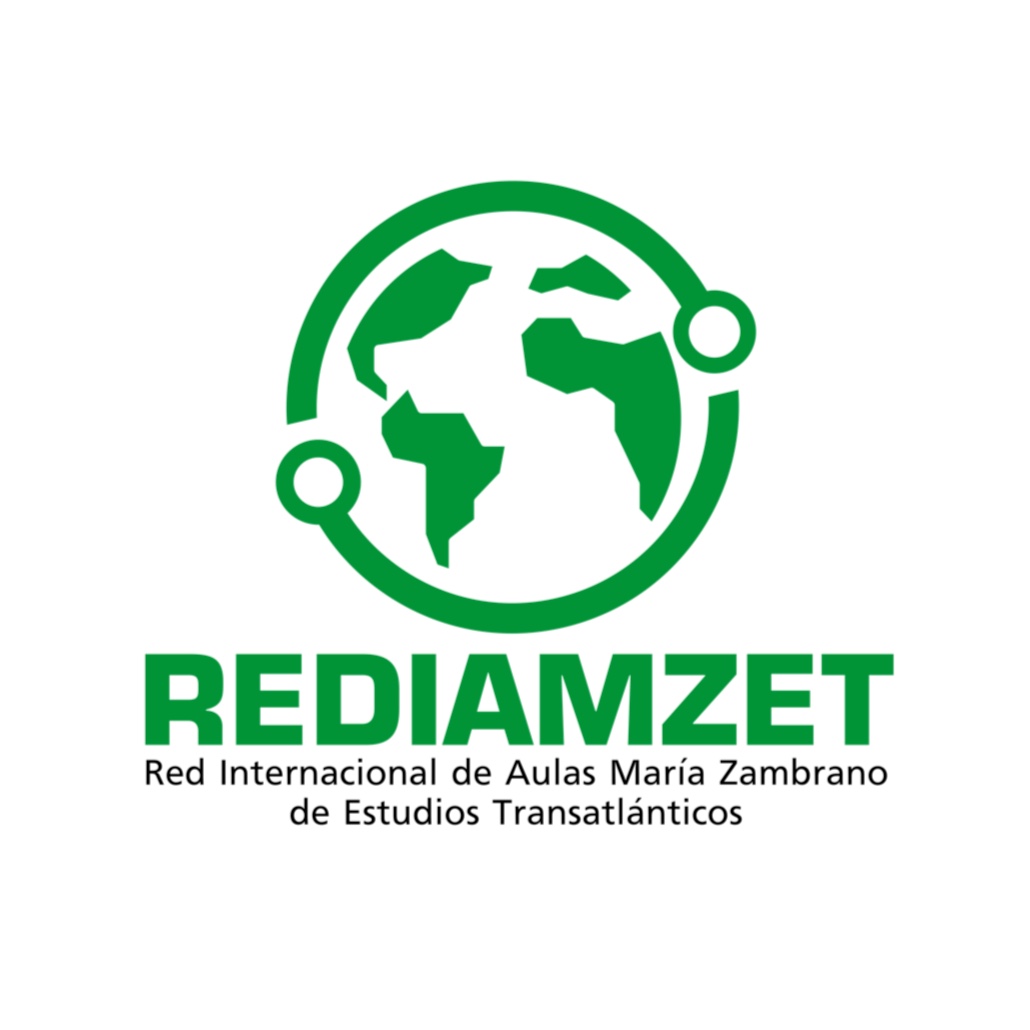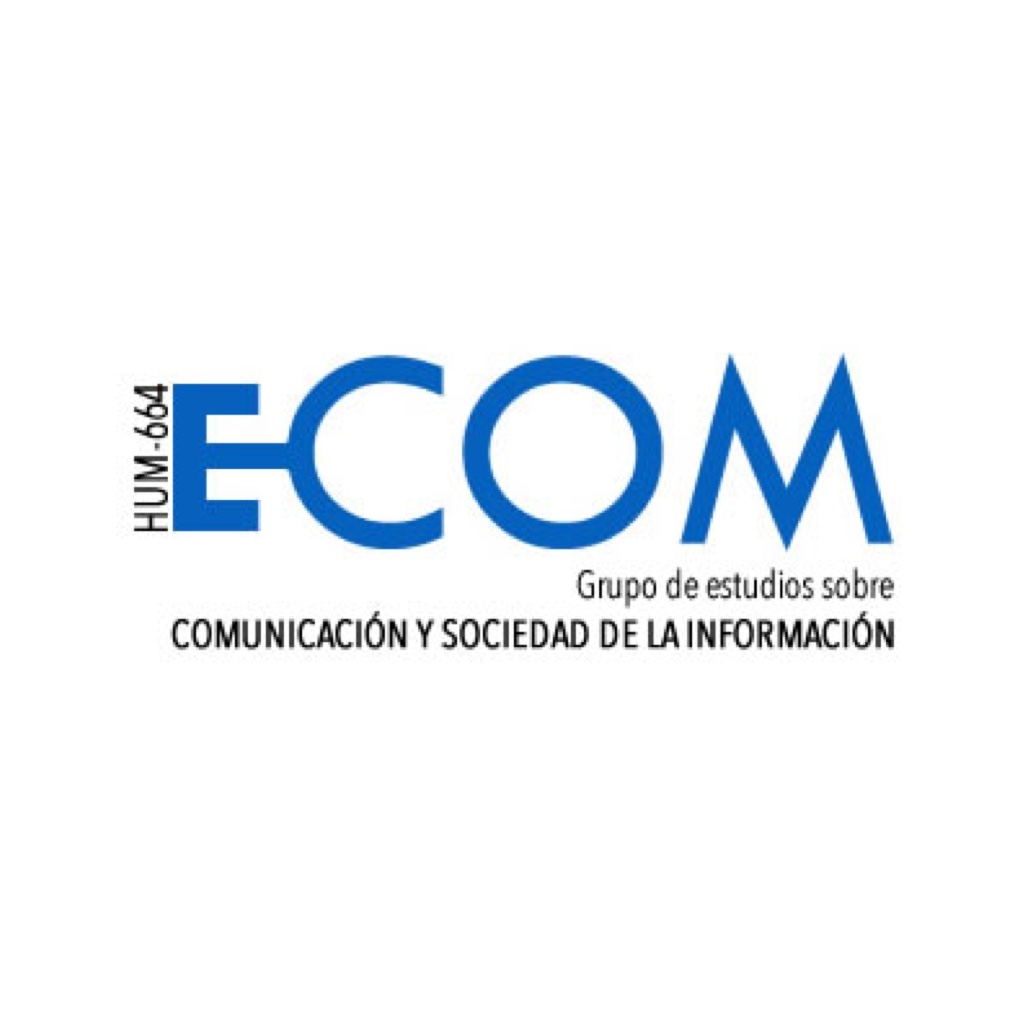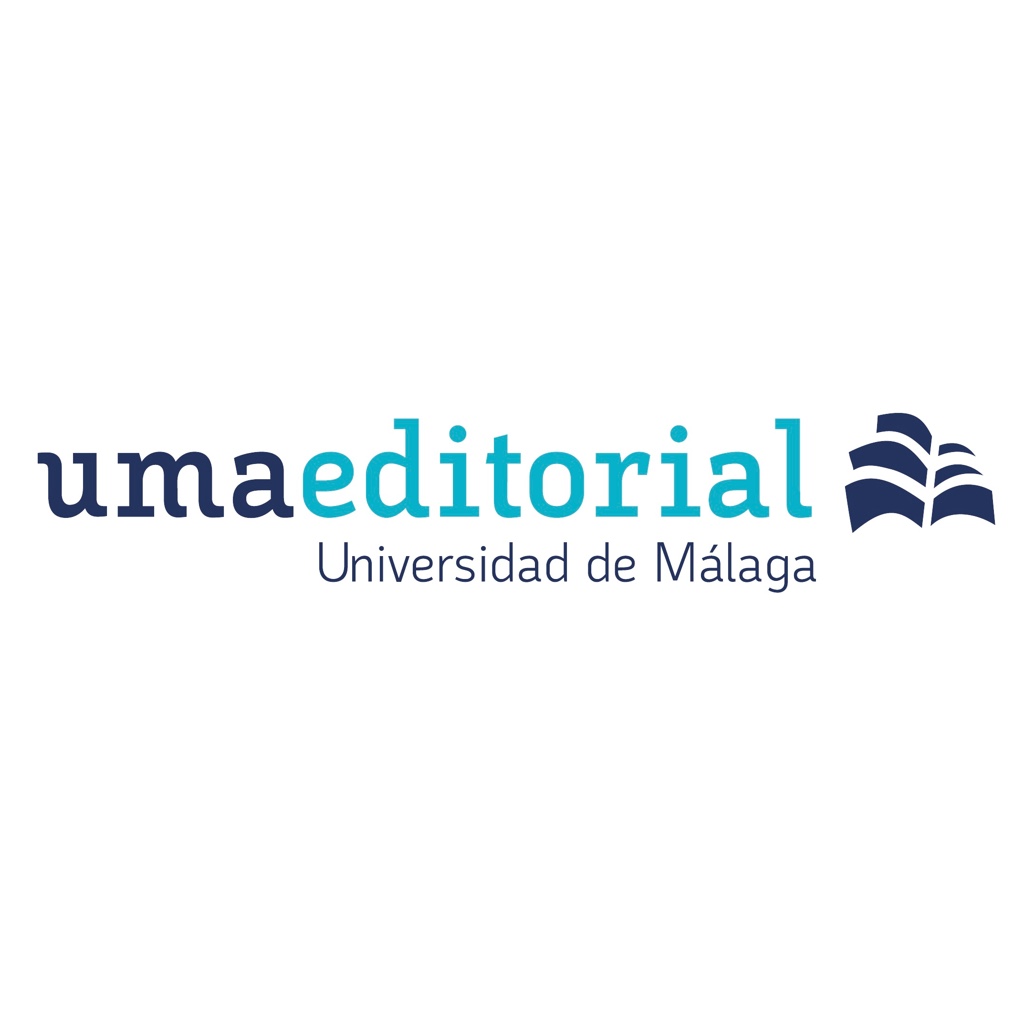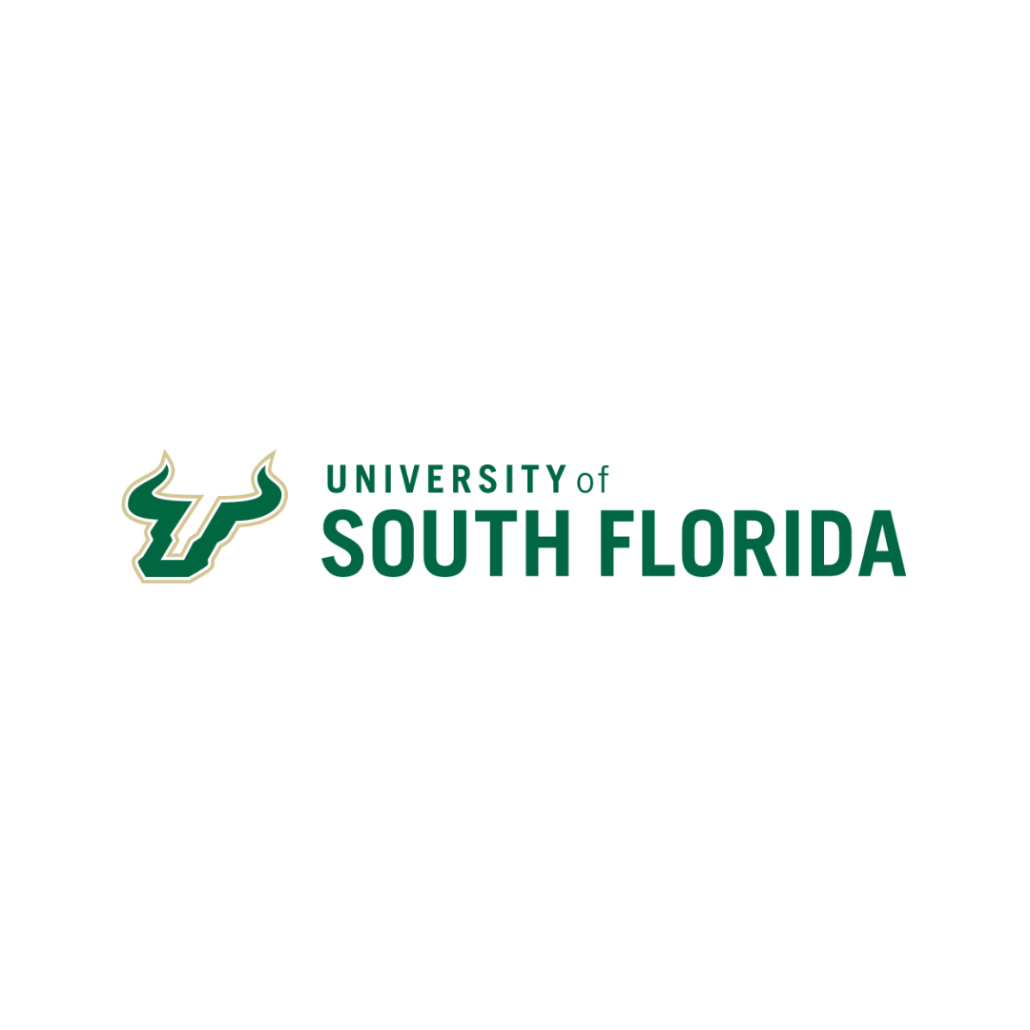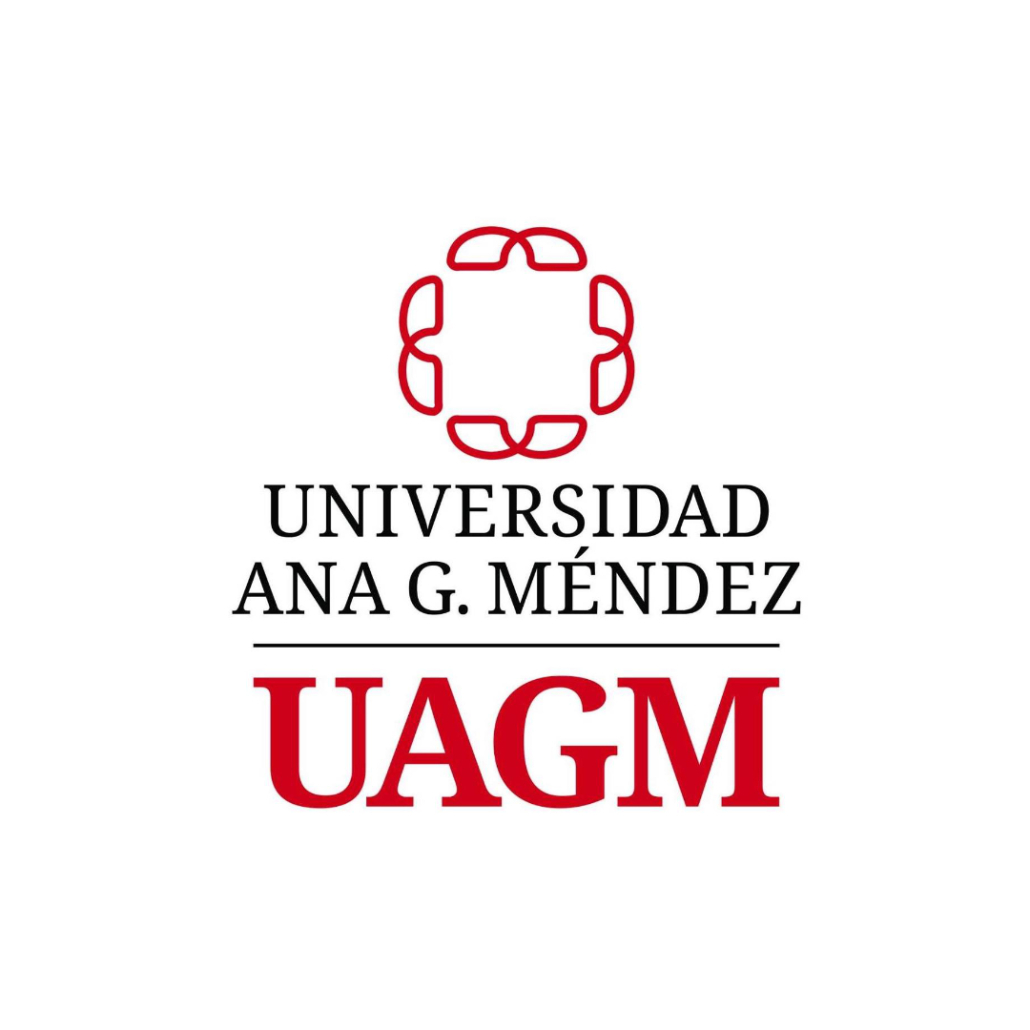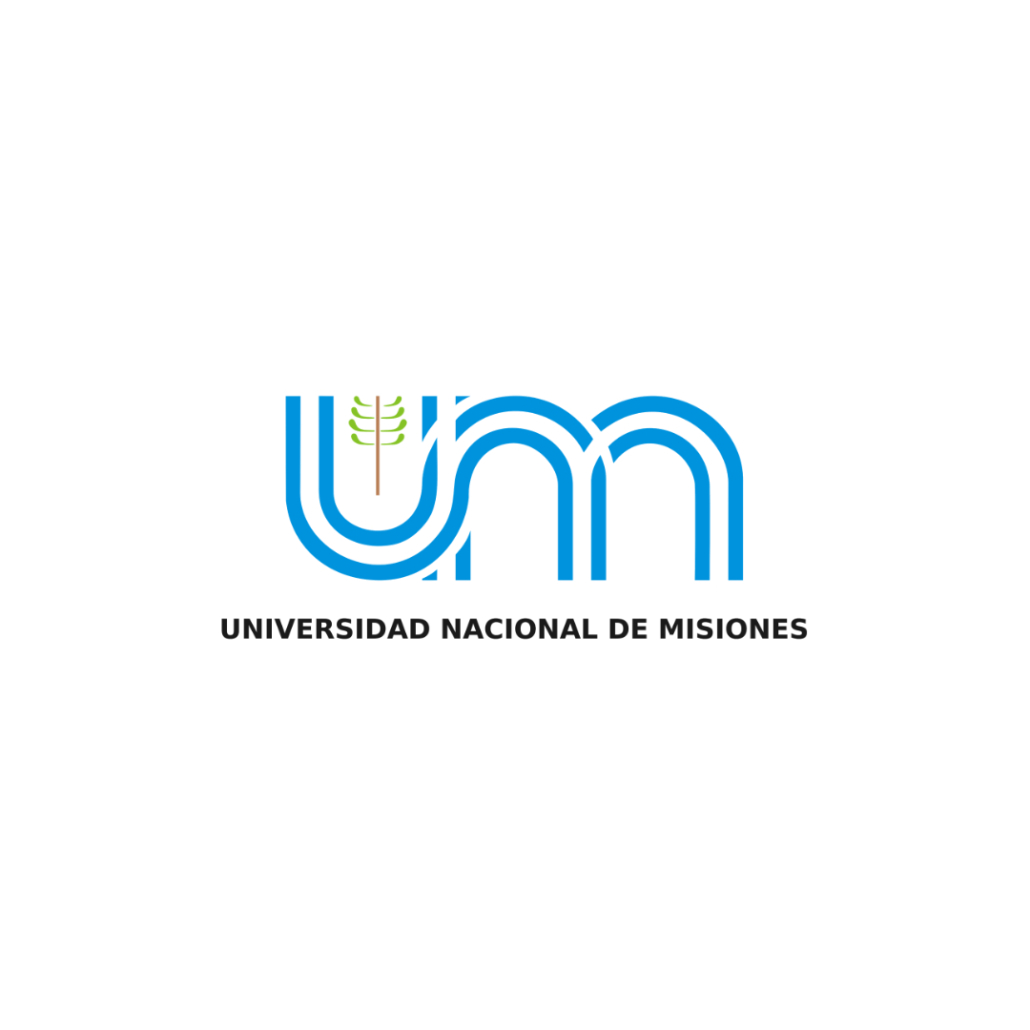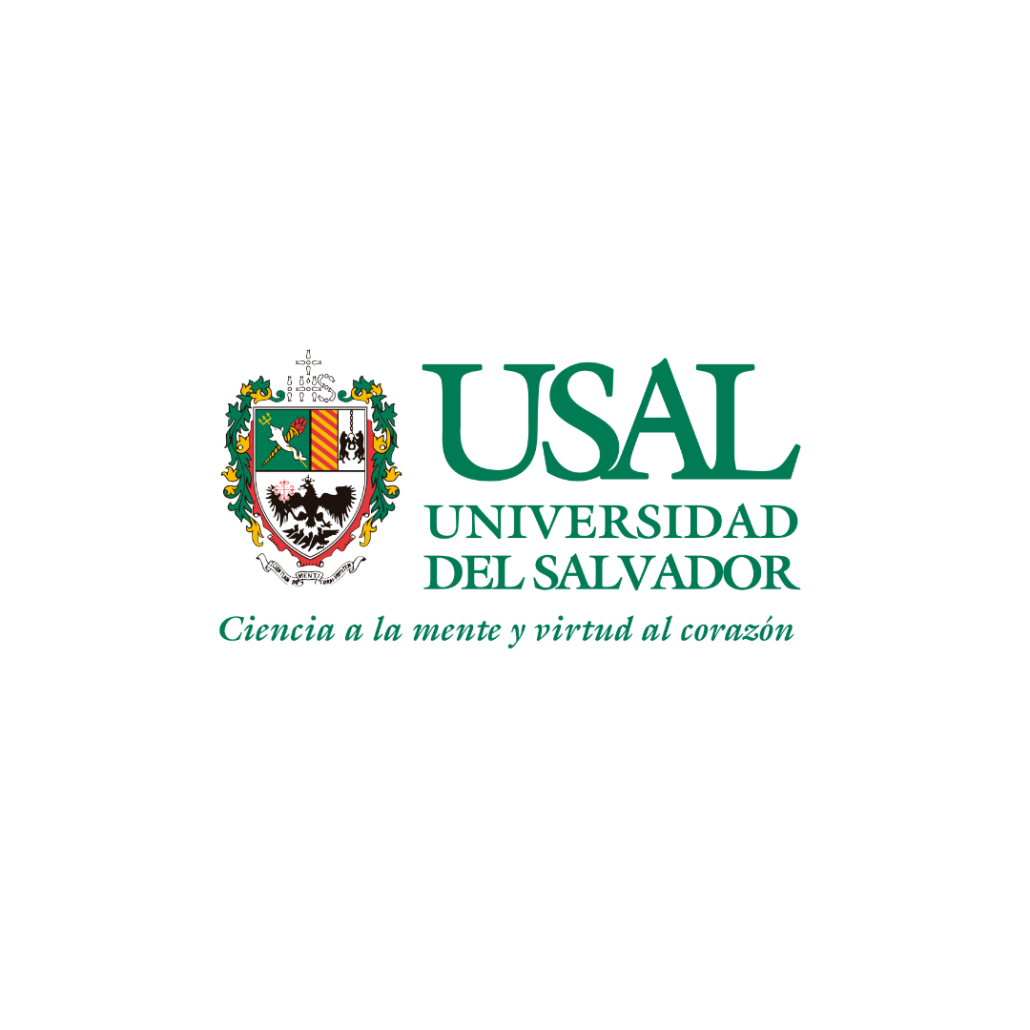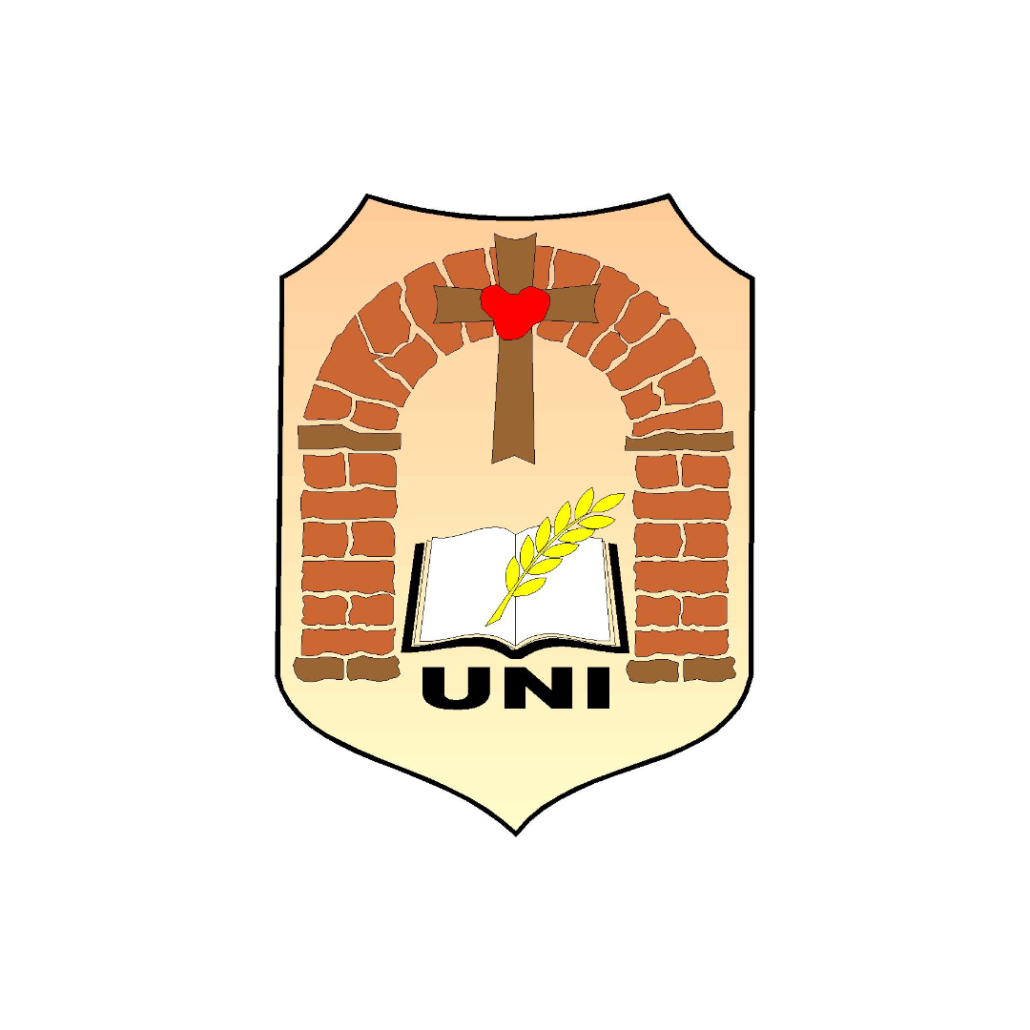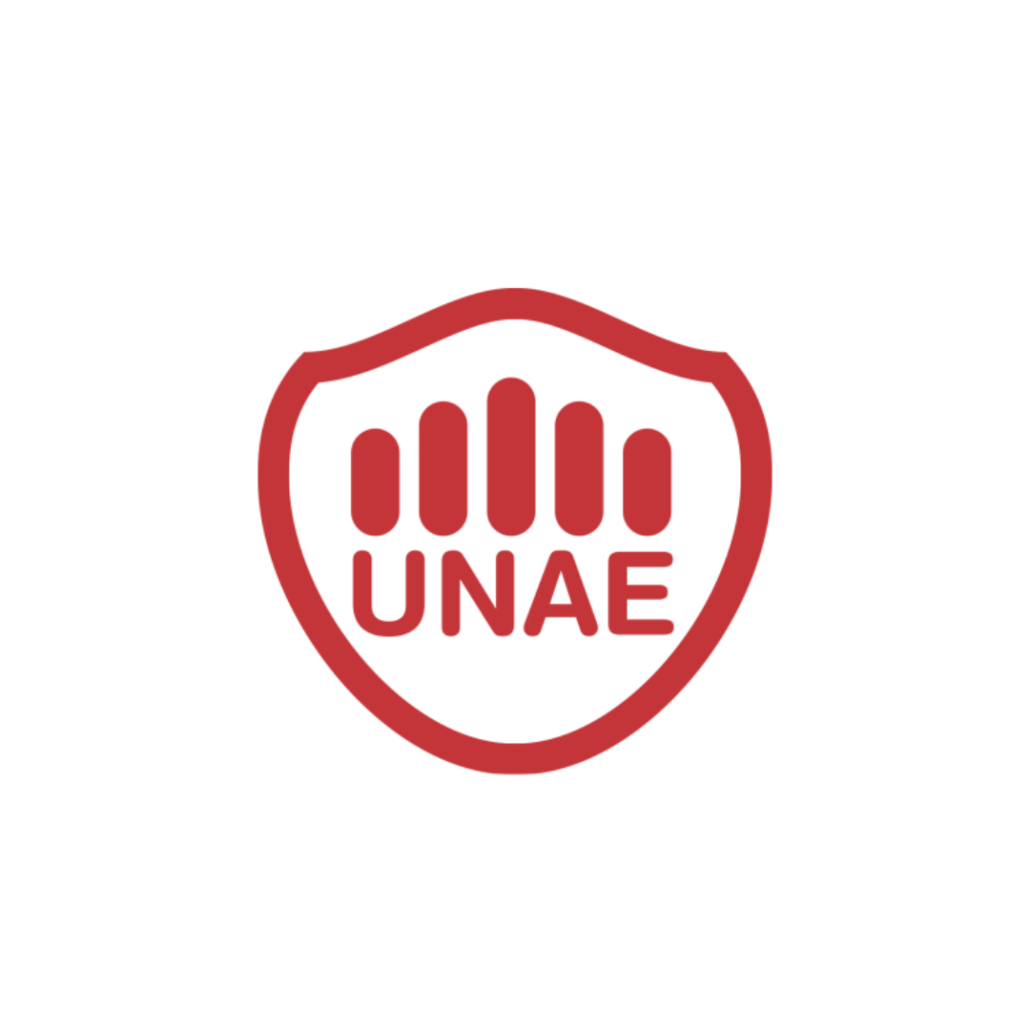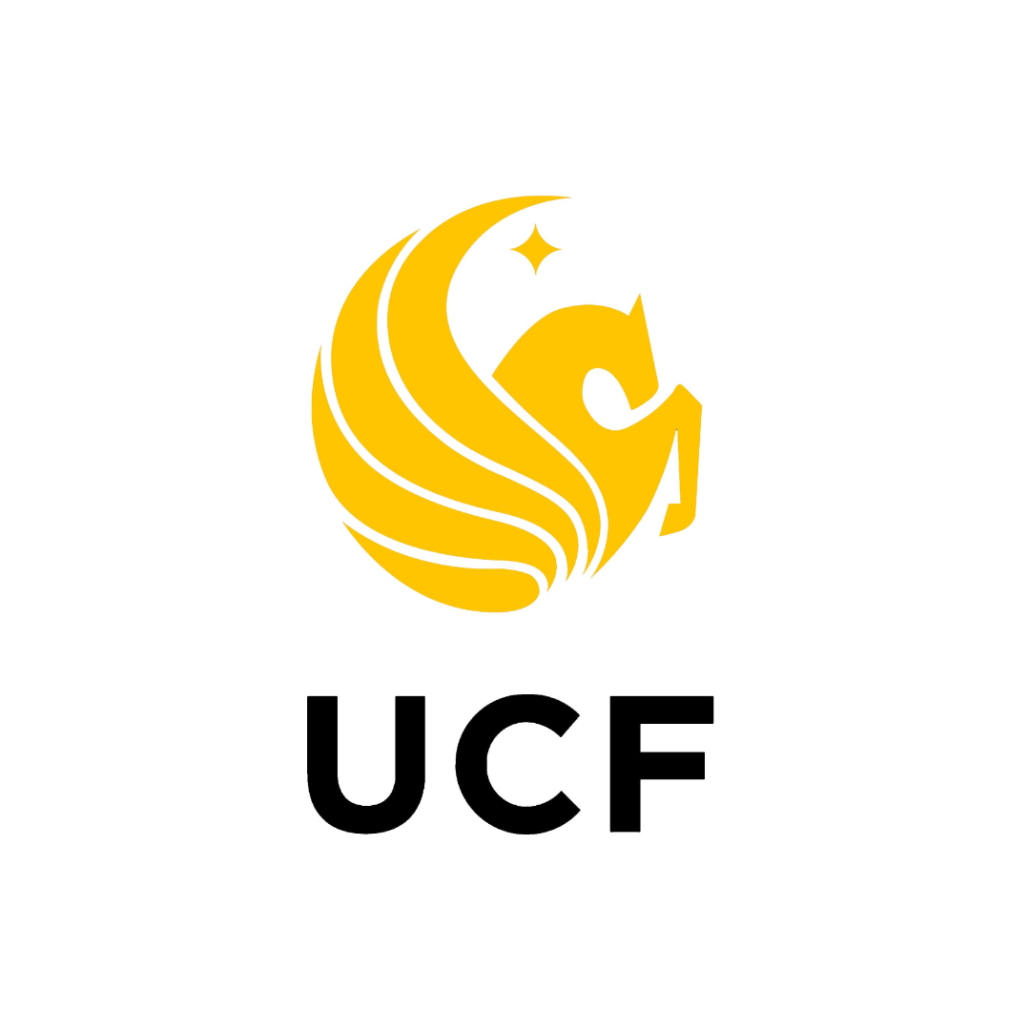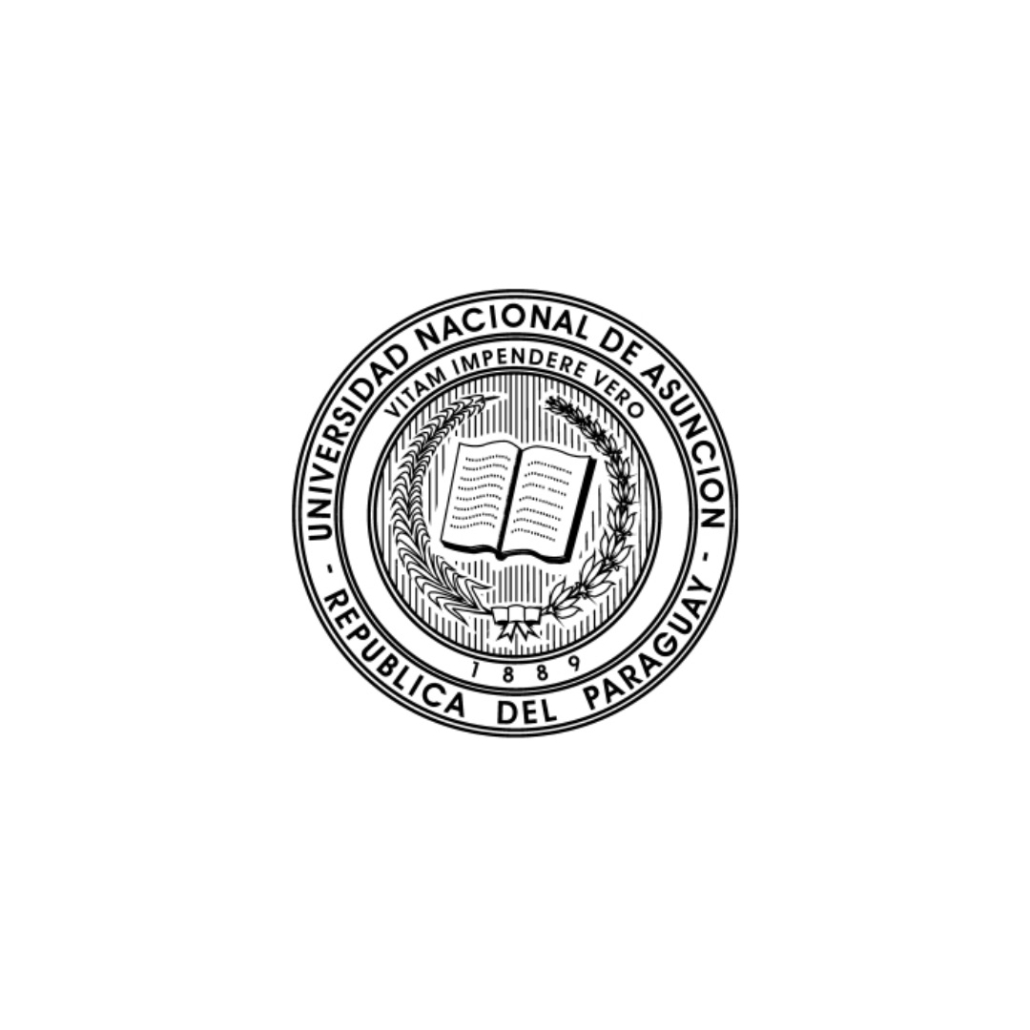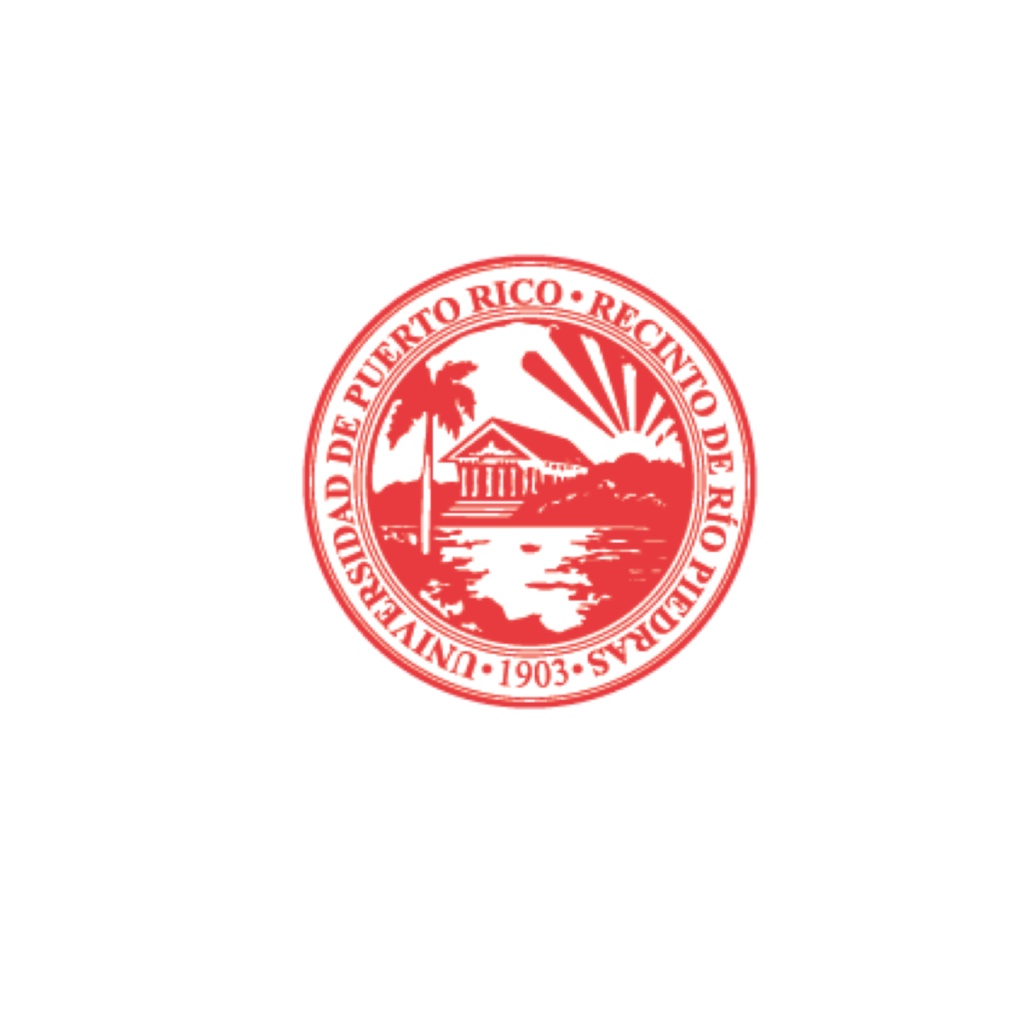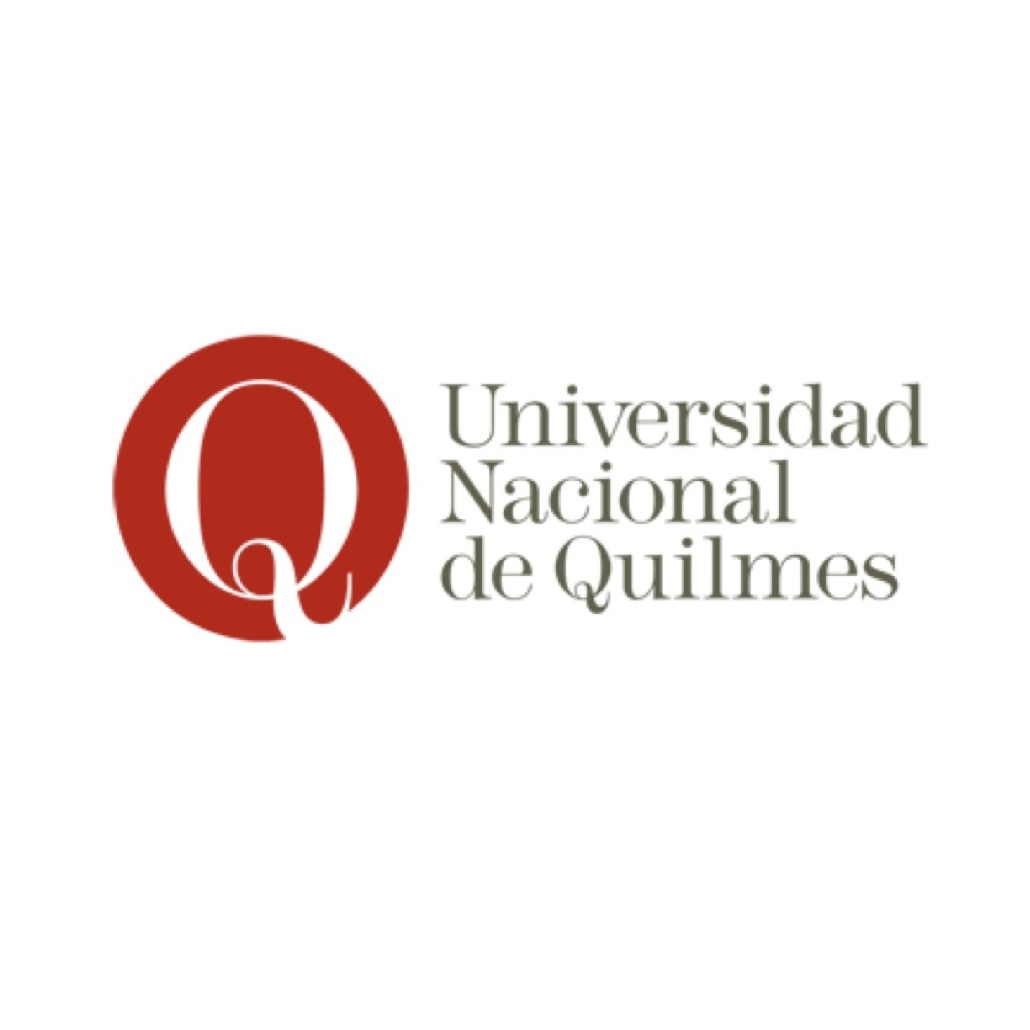2016 US presidential elections: Communication trends and lessons for communicators
DOI:
https://doi.org/10.24310/tsn.3.2017.19286Keywords:
2016 US Presidential Elections, Twitter, Entertainment values, Emotional responses, PopulismAbstract
The article examines the increasing role of social media in US electoral communications. During the 2016 cycle, the use of Twitter by one of the main candidates, Donald Trump as its platform of choice, has modified public conversation, including media coverage and analysis. Although Twitter can be seen as a convenient tool to attract younger generations such as millennials into the political process, it can also limit political debate. The 140-characters Twitter parameter fosters over-simplification of complex issues and emotional enunciations in lieu of more informed and rationalized debates. US elections have global repercussions and also are trend-setters in both technological and discursive sense. As such, this article ponders if this election cycle in the US constitutes a breakthrough moment for political communication world-wide. The article main conclusion is that the use of Twitter caters to emotional communication, discursive populism, to entertainment values and the exaltation of simulacra as substitute for «the social» and «the real»
Downloads
Metrics
References
Álvarez Curbelo, S. (2014). «Razas de barro: el discurso mediático de Fox News y el miedo a la disolución de Estados Unidos». En Cardoso, J. B., Karam, T. y Casasqui, V. Discurso y comunicación. Brasil: Clacso, pp. 67- 78.
Ariza, A. F. y March, V. R. (2015). Liderazgos políticos 2.0: el twitter como una herramienta de comunicación electoral. XI Jornadas de Sociología. Facultad de Ciencias Sociales, Universidad de Buenos Aires, Buenos Aires: http://www.aacademica.org/000-061/135.
Baudrillard, J. (1978). Cultura y simulacro. Barcelona: Kairós.
Canel, M. J. (2005). Comunicación política. Técnicas y estrategias para la sociedad de la información. Madrid: Editorial Tecnos.
Castells, M. (2009). Comunicación y poder. Madrid: Alianza Editorial.
Colón, E. (1996). Publicidad, modernidad, hegemonía. San Juan: Editorial Universidad de Puerto Rico.
Coultry, N. (2012). Media, Society, World. Social Theory and Digital Media Practice. Cambridge: Polity Press.
García Beaudoux, V., D’Adamo, O. y Slavinsky, G. (2007). Comunicación política y campañas electorales. Estrategias en elecciones presidenciales. Barcelona: Gedisa.
Lakoff, G. (2004). Don’t think of an Elephant! Know your Values and Frame the Debate. The Essential Guide for Progressives. Vermont: Chelsea Green.
Laswell, H., Lerner, D. y Speier, H. (1979). Propaganda and Communication in World History. Honolulu: University Press of Hawaii.
Maarek. P. J. (1997). Marketing político y comunicación: Claves para una buena información política. Buenos Aires: Paidós.
Martín Salgado, L. (2002). Marketing político. Arte y ciencia de la persuasión en democracia. Barcelona: Paidós.
Rincón, O. y Bonilla, J. I. (2004). Comunicación política en América Latina. Bogotá: Centro de Competencia en Comunicación para América Latina.
—(2006). Narrativas mediáticas o cómo se cuenta la sociedad del entretenimiento. Barcelona: Gedisa.
Sampietro, A. y Valera Ordaz, L. (2015). «Emotional Politics on Facebook. An Exploratory Study of Podemos’ Discourse during the European Election Campaign 2014». Recerca, Revista de Pensament i Anàlisi, 17, pp. 61-83.
Schudson, M. (2002). «The News Media as Political institutions». Annual Review of Political Science. Vol. 5, pp. 249-269.
Thomson, D. y Ehizokhale, E. (2015). Analysing Social Network Reactions to 2016 Republican Primaries. https://web.stanford.edu/class/cs224w/projects_2015/ Analysing_Social_Network_Reactions_to_2016_Republican_Primaries.pdf. Consultado el 1 de diciembre de 2016.
Williams, B. y Delli Carpini, M. (2011). After Broadcast News. Media Regimes, Democracy, and the New Information Environment. Cambridge: Cambridge University Press.
Williams, V. (2015). Donald Trump, Hillary Clinton, Joe Biden, and a Disrupted Electoral College: High Unfavorable Ratings, Multi-Candidate General Election Ballots and Pursuing the Art of the Deal with Free-Agent Electors in December 2016. Washington, D.C.: CUA Law Scholarship Repository.
Downloads
Published
How to Cite
Issue
Section
License
Copyright (c) 2024 TSN. Transatlantic Studies Network

This work is licensed under a Creative Commons Attribution-NonCommercial-ShareAlike 4.0 International License.

